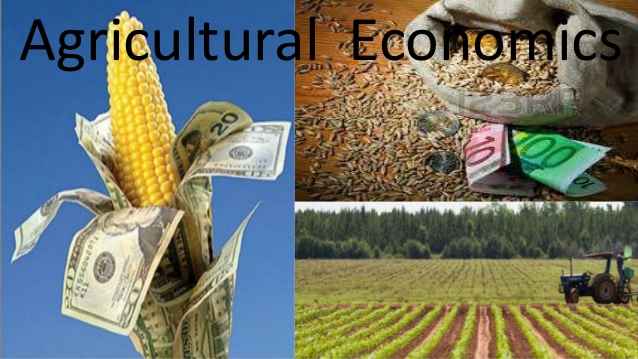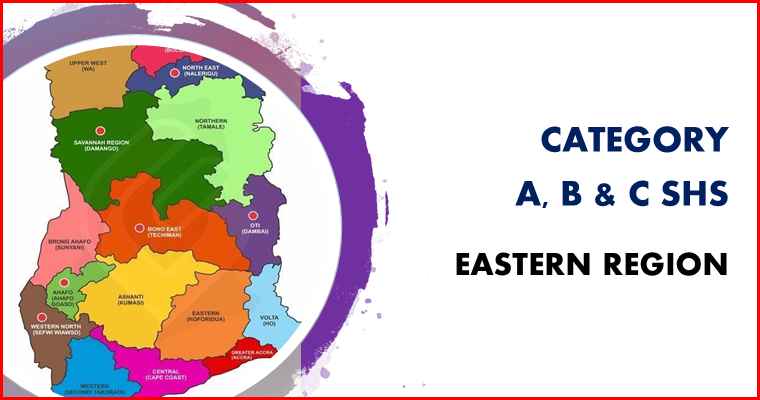OVERVIEW
Agricultural Economics is concerned with the study of the production, distribution and consumption of agricultural goods and services. In order to understand agriculture and resource issues, economic theory provides an analytical framework that can be used to assess the interconnected parts of the agricultural industry, predicting likely outcomes of programmes, policies and regulations and devising necessary solutions.
Agricultural Economists thus integrate the concepts, methods and approaches from economics with knowledge of agriculture to evaluate issues, plans and projects in agriculture. Agricultural Economists utilise their expertise in management, extension work, finance, marketing and policy making and advocacy.
AIMS AND OBJECTIVES
• A detailed understanding and application of economic theory.
• Ability to apply analytical tools to data and information in order to make appropriate economic and business conclusions.
• Develop an understanding of agricultural business issues in a broader socio- economic and resource context.
• Ability to communicate effectively, both written and orally, economic concepts, business decision-making and agricultural concepts.
• Ability to make ethical business decisions.
INDUSTRY/GLOBAL TRENDS
Agricultural Economists are challenged by changing agricultural systems as a result of globalisation, privatisation and commercialisation. For these reasons, resource management has become a major issue because the survival of society is dependent on how well today’s
resources are managed to sustain future generations.
In addressing this issue, Agricultural Economists have come out with many concepts and models. Some of these include: alternative policies/programmes; joint-ventures between small farmers, traders, transporters, processors and exporters; rural financing; adapting to changing domestic markets and forming regional markets.
ASSESSMENT
Students are assessed through a combination of assignments, examinations and projects.
TUITION METHODS
Lectures, class discussion and practical tutorials.
CAREER PROSPECTS
Agricultural Economists work in many diverse fields ranging from private and public sector to education and research. Some job assignment includes:
• Community development.
• Environment and conservation analysis.
• Agricultural enterprise/venture management.
• Extension.
• Agricultural marketing/ financing.
• Research, policy and advocacy.








